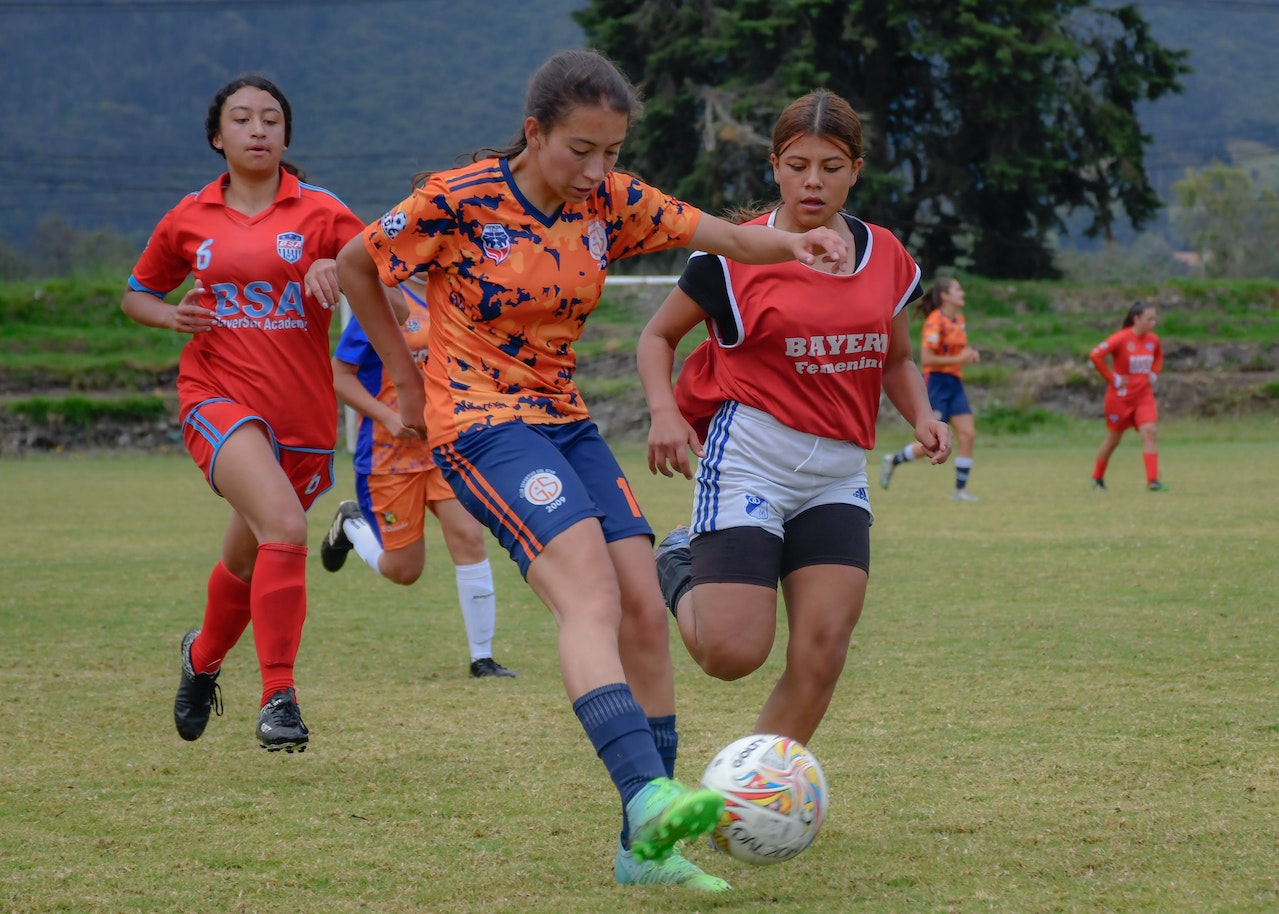Finding and Creating a Supportive Latine Community

By Priscilla Blossom
When you’re young, your community is mainly your parents and other family members. As you get older, you make more connections outside your home. Those connections may share your Latine heritage and other parts of your identity; they get you and your culture without explaining it. But how do you find those people, and why should you try?
Latine youth know their parents, grandparents, and other relatives often feel strongly about keeping things in the family. Research shows that elders tend to see opening up to nonrelatives as a weakness or even embarrassing, but that mentality holds us back. Mental health issues are rising among Latine people between the ages of 12 and 49. Keeping it all inside or trying to pray it away isn’t doing us any favors. Plus, you don’t have to share all your family secrets in order to find community. You just have to be open to caring for others and allowing them to care for you.
Finding a sense of community can be especially important for Latines and other people of color or members of marginalized communities. It’s also necessary if you don’t have much support at home or you live in a community where you are the minority and your culture is not common. Research shows that feeling like you belong and feeling seen and valued can reduce stress, anxiety, depression, and loneliness.
Here’s how to find your people.
After-School Clubs, On-Campus Groups, and Latine Greek Life
Look for clubs for Hispanics, Latines, or people of color at your high school or university, like the Latinx Club at Argonaut High School in Jackson, California, or the University of Massachusetts-Boston’s Casa Latinx. Many college students also find support through Greek life. Look up sororities and fraternities through the National Association of Latino Fraternal Organizations. If there isn’t a group at your school or college, consider starting one. You never know how many other students are looking for the same thing.
Other Education-Focused Groups
Find local organizations where you can meet other students who are also looking for support with things like college applications, finding scholarships, and figuring out financial aid. Adelante Students, for example, is an organization in rural upstate New York that offers a safe space for undocumented high school students to connect and find opportunities through mentorship and reunions.
Fitness and Wellness Groups
Staying active is good for your mental health, but it can feel isolating being the only Latine at the local running club, gym, or dance class. Finding your gente makes you feel more supported and less likely to experience microaggressions. Latinos Run (and its sister group, Latinas Run) are two national running groups that host events and races around the country. If yoga and meditation are more your vibe, Satya Yoga Co-op in Denver offers yoga classes, workshops, and teacher training specifically for people of color. People not in Denver can access a weekly online class on Sunday afternoons. Brown Girls Climb is a supportive climbing community for women and other people of color with chapters around the country, including in North Carolina, California, and Colorado.
Lean Into the Arts
Art provides a powerful way to connect with others. Whether you like to draw, paint, sculpt, dance, or sing, there is a group out there for you. Organizations such as New York City’s Touching Land invite immigrants to make ceramics and connect with each other in a safe space. The Latino Arts Foundation in Kansas City offers community-building opportunities through pop-up events and an annual Latino Arts Festival, where you’ll find art, food vendors, music, dance, and poetry, and even have the opportunity to sell your own work. If you like performing on stage, see if there’s a space like The People’s Theater Project, which is led by immigrants and women of color, in your area. If you’re not sure where to get started, simply sign up for classes and workshops at a local community college, museum, or arts center.
Volunteering and Activism
Volunteering gives you the chance to meet new people who share your values while serving your community. Look into local and national organizations that relate to your interests. If you’re interested in environmental justice or workers’ rights, look for an organization like COPAL (Comunidades Organizando El Poder y La Acción Latina) in Minnesota. You can get involved in initiatives such as ensuring the community has access to health care and housing and assisting workers with professional development, including educating them on their labor rights.
If you want to make a direct impact in your community, try volunteering at a place like Casa Central, a community center where you can mentor, help plan events, assist kids with homework, and lead arts and crafts workshops. Reach out to shelters, food pantries, LGBTQIA+ centers, libraries, and other spaces to find out how you can help.
Online Communities
Even if you don’t have active organizations in your area, you can always find an online group—or at least a meme-posting group—for just about everything. Follow notable Latines on Instagram, TikTok, X (formerly Twitter), or LinkedIn, and connect with people in the comments sections. Hashtags like #CentralAmericanTwitter also help Latinés find one another. Some popular online spaces, such as #WeAllGrow, offer community, professional growth, and some mental health support. You can also find connections in small, niche groups by searching Facebook.
Finding a shared space or a new community may feel overwhelming at first, but pick one of these ideas and go for it. You may be surprised by how quickly you make new, supportive friends and the impact it can have on your emotional well-being.





